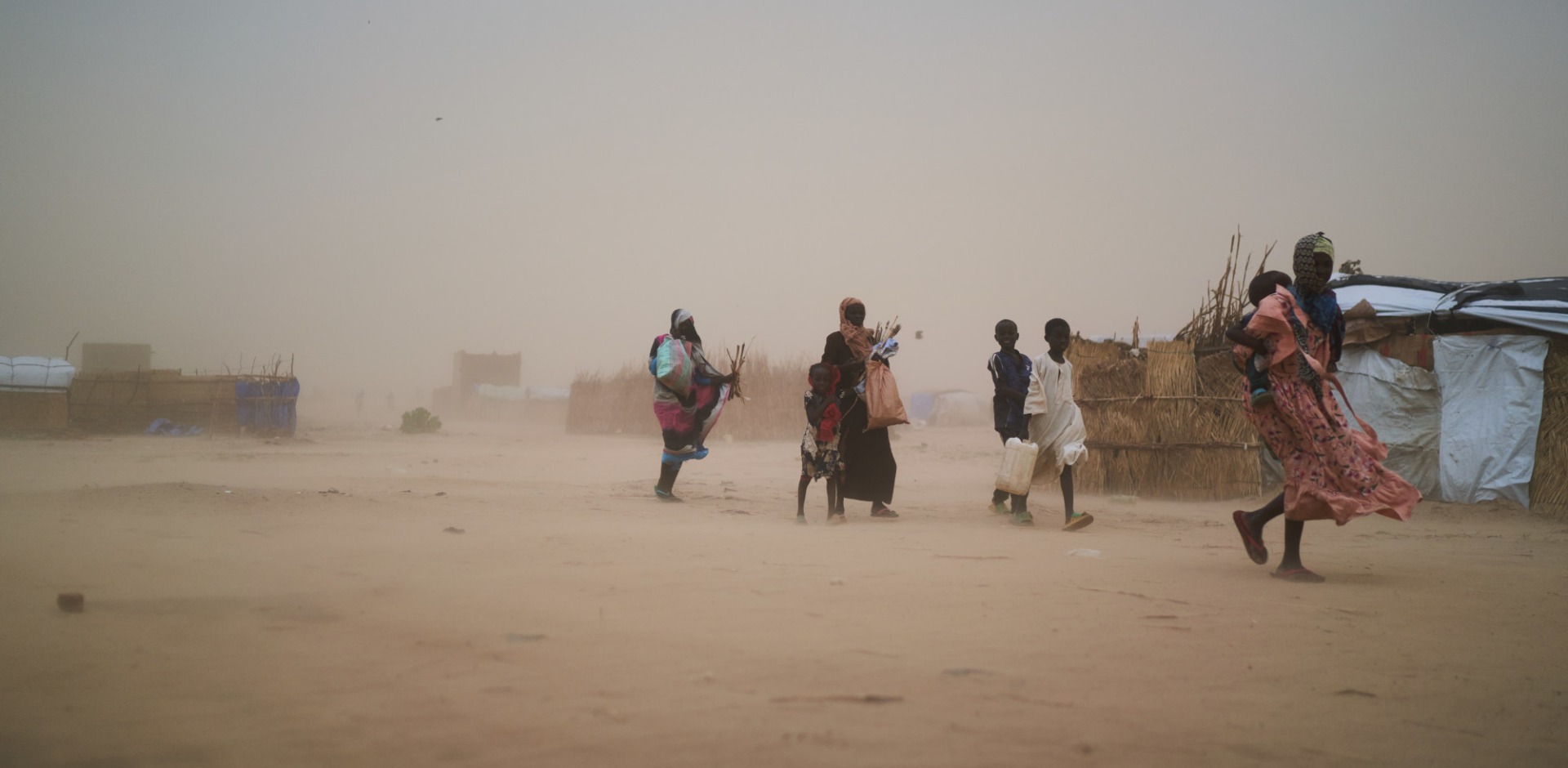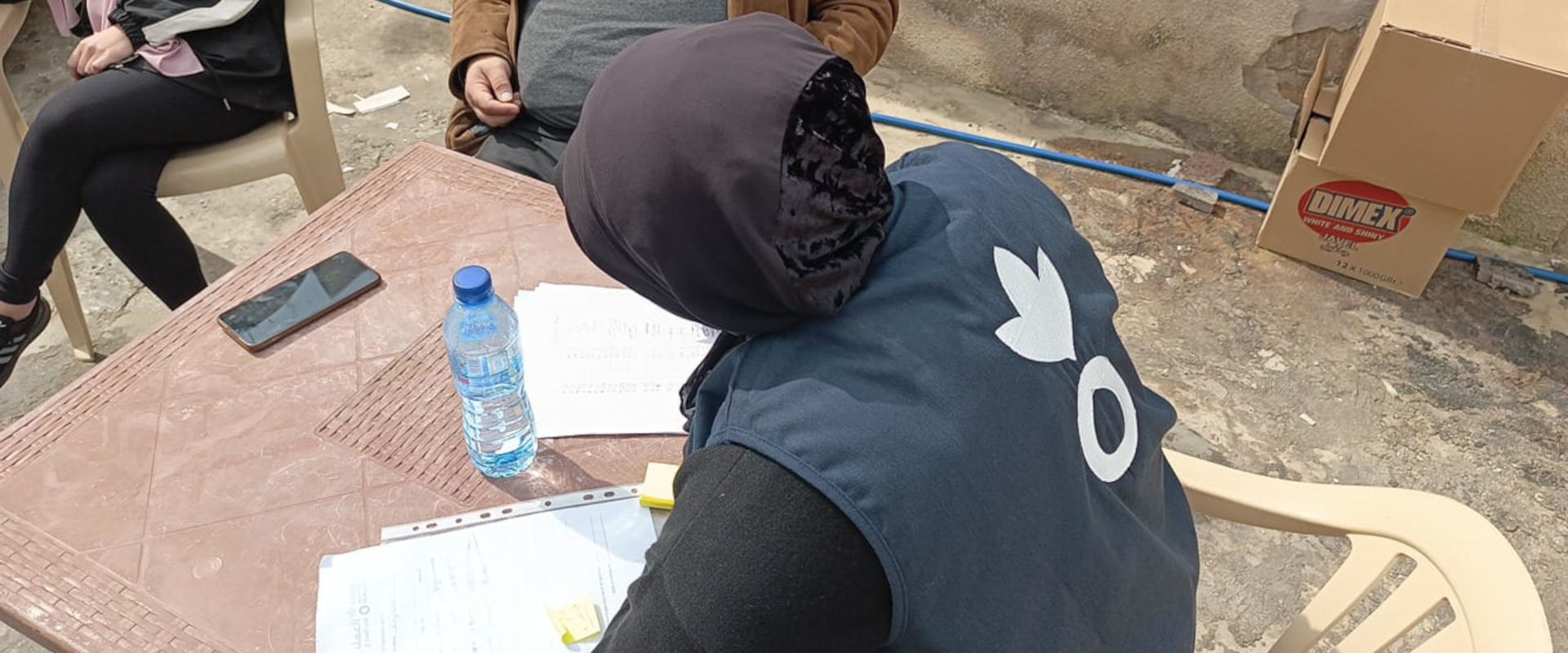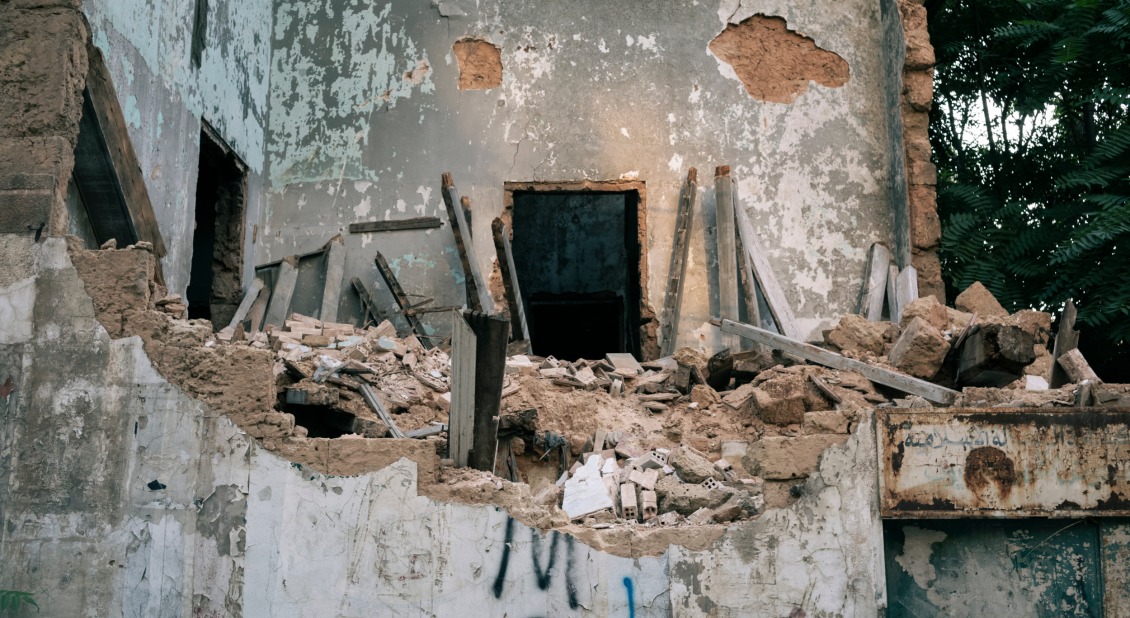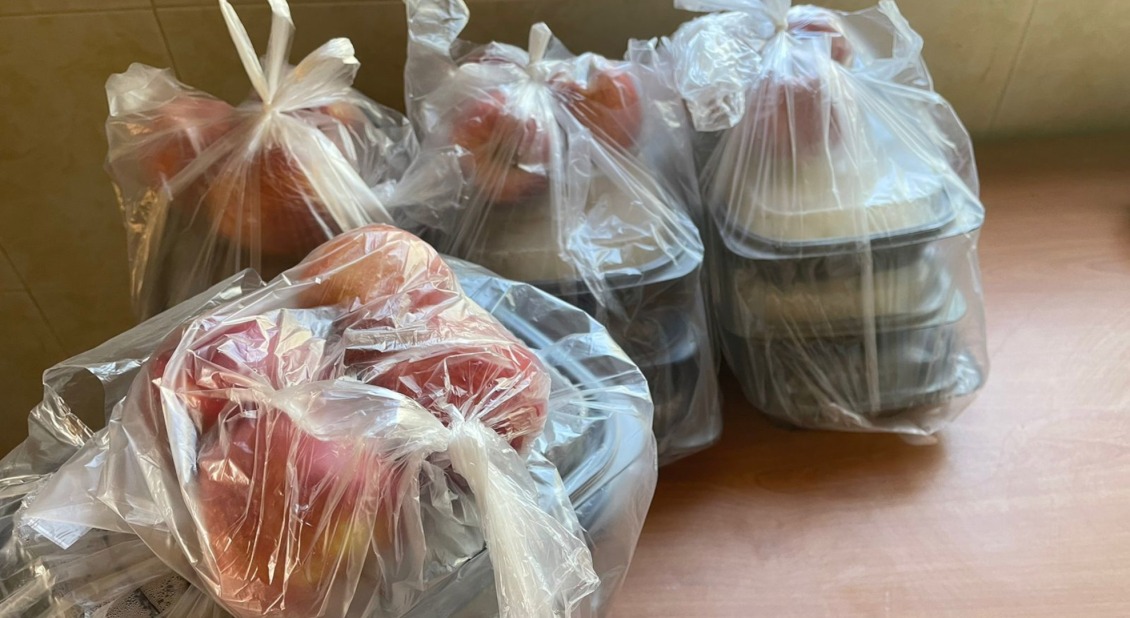
FAMINE IN SUDAN

September 25, 2024 – With more than 550 people, including 50 children, killed and 1,800 wounded following escalating bombardment in Lebanon, Action Against Hunger is broadening its humanitarian aid efforts.
While official figures are not yet confirmed, informal estimates are that thousands were forced from their homes due to the air strikes on Monday, which mark the deadliest day in Lebanon since the country’s 1990 civil war.
“Yesterday we reached a new level of escalation of the crisis. Hundreds were killed in a single day, almost as many as in the whole past year. This many civilian deaths in such a short period of time is unheard of. There is panic amongst the people,” said Suzanne Takkenberg, Action Against Hunger’s Country Director for Lebanon. “We had hoped it would not come to this intensity of violence, and of course now there is a lot of concern. The streets of Beirut are practically deserted, while the highways coming into Beirut are packed with traffic with those fleeing the strikes. You can see that everyone is tense, expectant of what might happen next, helpless at the thought of having to move and leave everything behind.”

Over the last year, an estimated 120,000 people in Lebanon have been displaced, an increase of 1,800%. The Lebanese Government has activated the emergency plan and Action Against Hunger is in continuous coordination with the authorities, the UN, and other humanitarian organizations to provide an efficient response to those most in need, including for those in schools and other available buildings converted into collective shelters across the country.
“We are still seeing enormous numbers of displaced people arriving to collective shelters at all hours, and immediately expanded our emergency response from a focus in the south to Beirut and the Bekaa valley as well,” said Takkenberg.
Lebanon has the highest number of displaced people per capita in the world and currently shelters an estimated 1.5 million Syrian refugees. “The Syrian refugee population, who are a very vulnerable group in the country, have struggled to move and find alternative shelter. This is why Action Against Hunger’s response will target the entire population in need, regardless of their nationalities,” Takkenberg said.
An estimated 1.14 million people in Lebanon are expected to face high to critical levels of food insecurity by the end of 2024, with food shortages following the regional expansion of the conflict in Gaza and a country-wide economic crisis in Lebanon. Security concerns have left many farmers unable to access and cultivate their land. The destruction of nearly 4,500 of acres of agricultural land, 47,000 olive trees, and the deaths of 340,000 farm animals also has significantly affected food production, especially in the southern Nabatiyeh region, according to the Ministry of Agriculture and the National Council for Scientific Research.
Before the latest escalation of hostilities, Action Against Hunger teams had managed to distribute nearly 160,000 gallons of drinking water, more than 95,000 hot meals and 8,500 blankets, among other necessities, including cash transfers to more than 7,500 people affected by displacement and violence.
“Our teams are distributing basic supplies such as blankets, mattresses, water and hygiene items from 10pm until 2am to meet basic needs and give people something to eat and a bed on which to rest,” said Takkenberg.

Many water facilities in the south, including renewable energy systems for pumping water, have been destroyed. This cut off access to clean water for more than 118,000 people as of August, a figure that is expected to rise after the recent hostilities. The destruction of essential civilian infrastructure such as roads, telecommunications, health, education, electricity, and water facilities has very serious implications for people’s lives and may constitute an act against international humanitarian law.
“The priority must be to de-escalate the violence between all parties, otherwise we will face yet another humanitarian disaster. We also need to ensure the protection of the humanitarian workers who serve the population,” Takkenberg said.
Action Against Hunger has been working in Lebanon since 2006. Last year, staff reached nearly 160,000 people with interventions focused on clean water and safe sanitation. Nearly 1.5 million Syrian refugees have taken shelter in Lebanon and now live in informal settlements and camps for internally displaced persons (IDPs). Action Against Hunger works on the ground in these communities, providing essential nutrition services and ensuring that the most vulnerable families have access to healthcare and livelihood support.
Join our community of supporters passionate about ending world hunger.